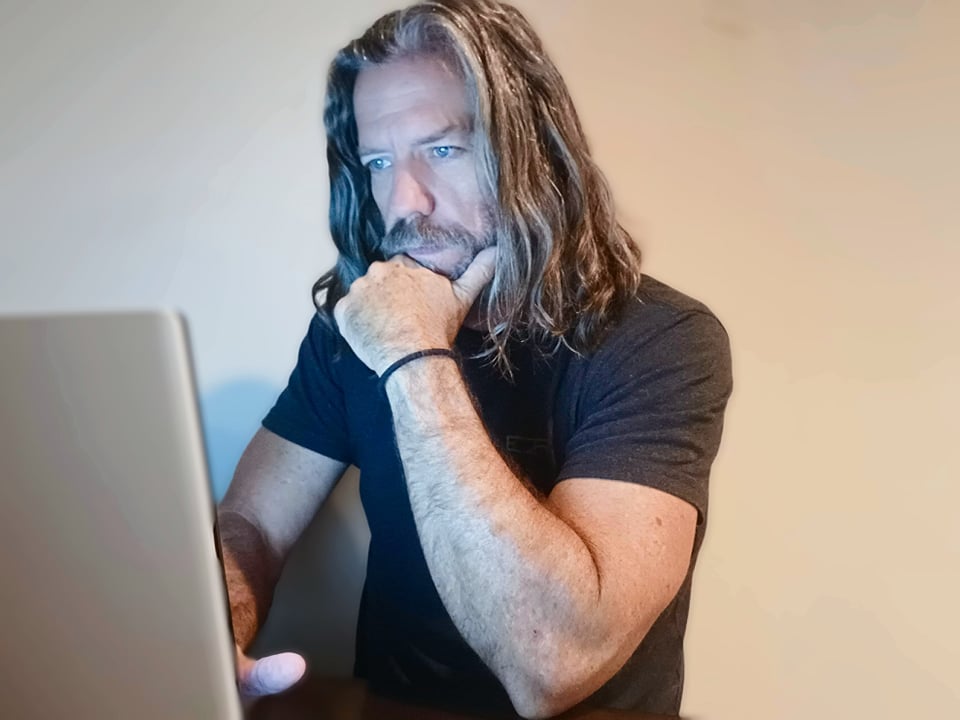
I had a thought that maybe to time travel was a curse – to walk to and fro on the earth only through time – like Lucifer was cast down and cursed to walk to and fro, and like Cain was cursed to walk to and fro after murdering his brother. But then I thought that the literary kind of time travel (my kind,) is merely to show the world its culture in comparison to that of our ancestors, and it is just the means of showing us that we don’t live in a stasis (the static “now” though it moves forward in time,) but that we only experience time linearly even though that is not how it really exists. Our grandparents are back there, and our next generations are up there and they are all part of that now if we can just see it. Einstein said that “the distinction between past, present and future is only a stubbornly persistent illusion,” and science, as it evolves, is more and more insistent that time is really just a way that we perceive things.
And then I remembered a thing I read:
“There is an ancient legend which tells us that when a man first achieved a notable deed he wished to explain to his tribe what he had done. As soon as he began to speak, however, he was smitten with dumbness, he lacked words, and sat down. Then there arose—a masterless man, one who had taken no part in the action of his fellow, who had no special virtues, but [was] afflicted—that is the phrase—with the magic of the necessary words. He saw, he told, he described the merits of the notable deed in such a fashion, we are assured, that the words ‘became alive and walked up and down [to and fro] in the hearts of all his hearers.’ Thereupon the tribe seeing that the words were certainly alive, and fearing lest the man with the words would hand down untrue tales about them to their children, they took and killed him. But later they saw that the magic was in the words and not in the man.” ~ Rudyard Kipling
And perhaps the only way to tell the notable deeds of our fathers, however much we are taught to hate them, is to use magic words so that the children remember. But then maybe the man with the words has been killed by the next generations who have learned not to read or hear. That is to kill him, too.
Time Travel fiction, when it is done well, gets to the heart of our universal interests as humans quicker than most other genres of fiction. Why is the world the way it is? Is anyone in charge of time, and if it isn’t a “who” then what is? And if so, how do the rules work? Is there a form of determinism at work in the world, or are we completely subject to abstract fanciful concepts like chance, luck, free will, and arbitrary power outside of our control? Is there only one universe or “plane” of time? Or are there more? If I can change something in the past, how will it affect the future – which is, in effect, to say “Can I be like God (or a god?)” And the questions and interest keep coming. How would a person from the past judge us today? What would they think about what we are up to and what we’ve become? Is the past like we think it is? Is it worse or better? Is “golden age thinking” really a fallacy, or is there a time, sometime, that is better than now? How would we judge it if we were there? How did people think differently in the past? What forces were at work?
If anyone has read War and Peace (congrats!) and then read through the 50-page epilogue section on determinism and free will in history, you will have gained a wonderful grasp of the questions and issues in play as we examine history. Was it necessary for over half a million men to follow a single despot (Napoleon) into Russia, when none of those individual men would have chosen to do so freely and alone, adding to that the understanding that history has proven (and continues to prove) that doing so is probably a very bad idea? What if you could go back in time and kill Hitler? Do you really think things would be better today? And what of saving Kennedy? (That seems to be the modern view of the good/evil argument as it relates to Time Travel… kill Hitler and save Kennedy.) And what if the things you do to fix things make things worse?
I had the opportunity to get paid to write an officially commissioned sequel to Kurt Vonnegut’s Cat’s Cradle (now out of print, but hopefully coming back soon,) and in it, I really got to have fun examining all of these questions. Vonnegut’s work started with an examination of the philosophy of determinism and free will and ended with the destruction of the world. My book worked backward. In my book, I adopted some Jack Finney ideas and un-ended the world, then sent my protagonists on a fun journey (using facts of Vonnegut’s real life, etc.) to examine the ideas of determinism and free will. That book, Osage Two Diamonds (Now titled ICE NEON,) was the most fun I’ve ever had writing a book, and for many people, it is their favorite Michael Bunker book. But these questions were at the heart of Time Travel in the book. All of the “central pillars” are in view. The method: Mechanical – a “magic” elevator. The elevator was introduced by Vonnegut in Cat’s Cradle, including the odd elevator operator who becomes a main character in Osage Two Diamonds. The emotional conflict or tension: My main character has to race to find out who un-ended the world, and to stop it from ending again with Ice 9. On the way, he meets the love of his life… who had already committed suicide before he was born. The setting: from Castro’s Cuba to Edison and later Oliver North and Shirley Muldowney’s Schenectady, and 1980’s San Francisco as well. What happened to Jimmy Hoffa, and who actually killed Kennedy are questions I address comedically in the book.
So, what is the point? If we don’t read, we miss the magic of words, and if we don’t see our own time in context, we miss the magic of wisdom.
Or something like that.
***
Michael Bunker is a local columnist for BrownwoodNews.com whose columns appear periodically on the website.
